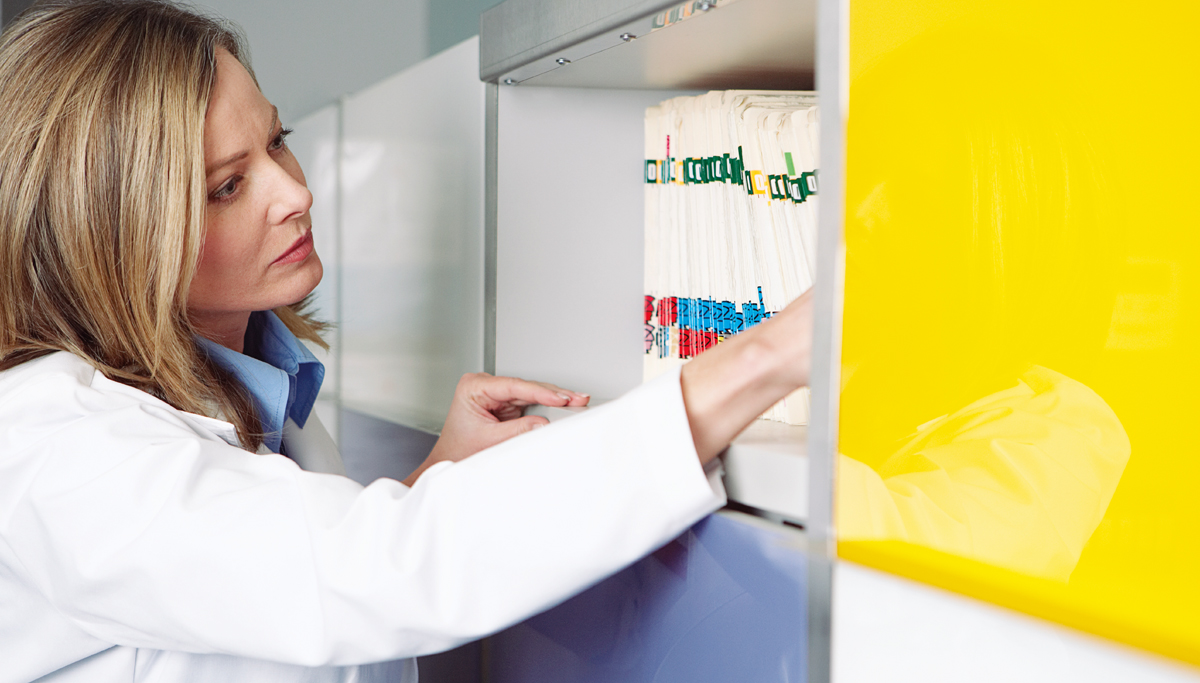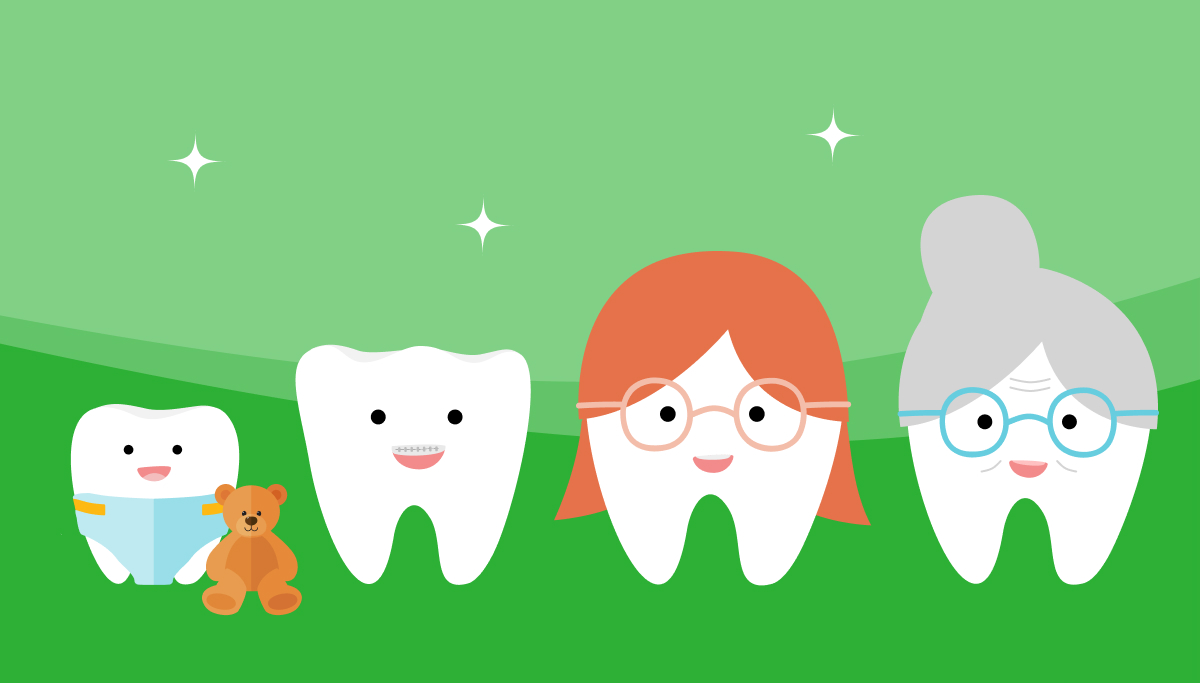What contributes to morning breath?
Readers ask, we answer:
Why do I have morning breath?
Abby asks: “Why do I have morning breath?”
Hi, Abby,
Morning breath, or halitosis if we want to be formal, is experienced by everyone to some degree. You’re not alone.
While you’re sleeping, your normal flow of saliva slows significantly, and the microorganisms (bacteria included) in your mouth go crazy: eating, multiplying and eventually dying. These bacteria live in the mountains and valleys of your gums, your tongue and any other cozy places they can find, and they release sulfur compounds. Those compounds are what produces the smelly odor you call morning breath.
Factors that contribute to morning breath include:
How to get rid of morning breath
Brush, floss and rinse. You can mitigate bad morning breath by making sure you brush, floss and rinse every day, especially before going to bed. Try not to eat any late-night snacks after brushing. You can also gargle with salt water to kill odor-causing bacteria and reduce postnasal drip.
Keep a clean tongue. Make sure you keep your tongue clean. The tongue, especially in the back, is one of bacteria’s top hiding spots. Brushing your teeth and tongue daily is great, but you can step up your game with a tongue scraper.
Stay hydrated. Water flushes your system of toxins, aids in saliva production and reduces the number of bad bacteria harboring in your mouth. Jump-start your saliva production with smile-friendly breakfast foods, like fresh fruits or a bowl of oatmeal with nuts and raisins.
See your dentist. Maintain regular preventive visits with your dentist, and if you’re still struggling with morning breath, bring it to their attention. Your dentist can provide additional tips as well as treatments for more severe cases. You should also address mouth-breathing by talking to your physician about potential sleep apnea.
Have a question you’d like us to answer? Send it to grin@deltadental.com, and it could be featured in an upcoming issue.
What’s a good sugar substitute?
If you’re looking for an alternative to sugar, you need to learn which ones are better for your waistline and your teeth.
What you should know about your dental records
Learn why you might need your dental records and which one you might need.






